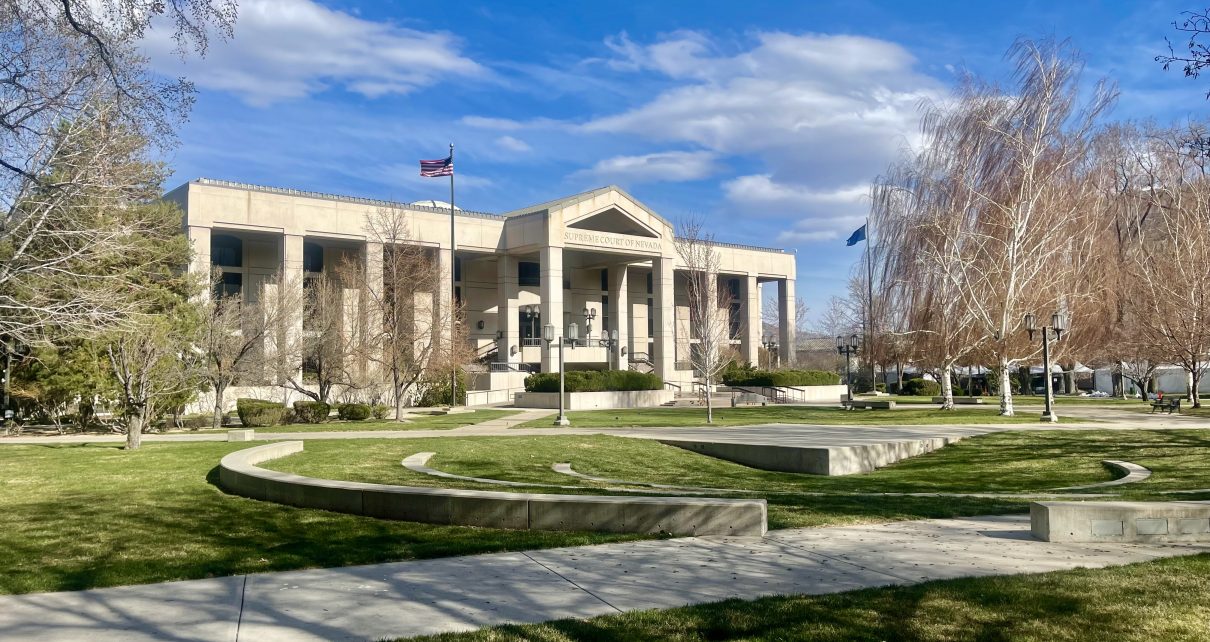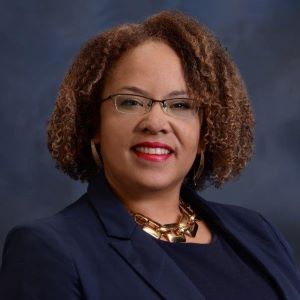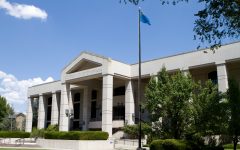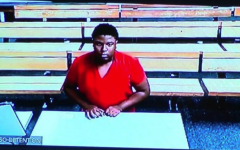
Nevada Supreme Court (Photo: The Nevada Globe Editor for The Nevada Globe)
Oral Arguments Scheduled for Nevada Policy’s Separation of Powers Lawsuit
Nevada Policy contends: ‘Dual service dilutes, if not destroys, the very foundation upon which the concept of Nevada’s representative government rests’
By Megan Barth, January 12, 2024 4:24 pm
Oral arguments have been scheduled by the Nevada Supreme Court for February 2, 2024 for Nevada Policy’s Separation of Powers lawsuit against four Nevada lawmakers. Defendants include Democratic members of the State Assembly Brittney Miller and Selena Torres and Democratic State Senators Dina Neal and James Ohrenschall.

Following Nevada Policy’s unanimous Nevada Supreme Court victory in April 2022, which allowed all citizens to bring constitutional separation of powers challenges without having to satisfy the traditional standing requirements, Nevada Policy filed a second lawsuit against state lawmakers for violating the state constitution by serving in the legislature as government employees.
Pursuant to the Nevada Constitution, “no persons charged with the exercise of powers properly belonging to one of these departments shall exercise any functions, appertaining to either of the others.”
After their victory in April, previous defendants State Senators Melanie Scheible and Nicole Cannizzaro resigned their respective positions as county prosecutors.
According to Nevada Policy:
Almost all the dual-serving legislators are public school employees, which highlights the inherent conflicts of interest that led the Framers to bar such dual service. These dual-serving legislators necessarily undermine faith and trust in the legislative process given they will be responsible for considering whether to raise taxes to increase funding for their own employer.
Similar conflicts exist when these dual-serving legislators consider whether to approve educational reforms like school choice, which will unquestionably improve the quality of education but in a way that might undermine their professional interests, given that school choice threatens the public school system’s tax-funded, monopoly status.
This case was originally filed in July 2020, struck down by a Clark County District Court judge, appealed to the Nevada Supreme Court and continuously delayed.

Nevada Policy referred to the delays as “gamesmanship” and warned, “In its original remand order herein, the Court specifically called out how the failure to resolve the separation-of- powers question concerning Respondents’ dual service could result in serious public injury – either by the continued allegedly unlawful service of the above- named officials, or by the refusal of qualified persons to run for office for fear of acting unconstitutionally – because this unsettled issue continues to arise.”
“That the judiciary is obligated to enforce the constitutional rules imposed upon government, and that their failure to do so would lead to tyranny, has been understood by the American judiciary since before Nevada even existed,” said Nevada Policy Vice President Robert Fellner.
“Dual service dilutes, if not destroys, the very foundation upon which the concept of Nevada’s representative government rests — that the Legislature enacts the will of the people rather than the will of the government.
“In recognition of this fact, the Nevada Supreme Court previously said that vigorous enforcement of the separation of powers doctrine is necessary for the very attainment of freedom itself,” Fellner added.
“Now we just need to see if the Court still believes Nevadans are a free people who deserve to be protected from such abuses.”
NPRI Supreme Court case
- Illegal Alien Identified As Wrong-Way Driver in Fatal Crash That Killed LVMPD Officer - December 23, 2024
- Senator Rosen Joins Letter Raising Concerns About Pete Hegseth’s Nomination - December 20, 2024
- NV SOS Launches Four Investigations Into 2024 Election Violations - December 20, 2024




